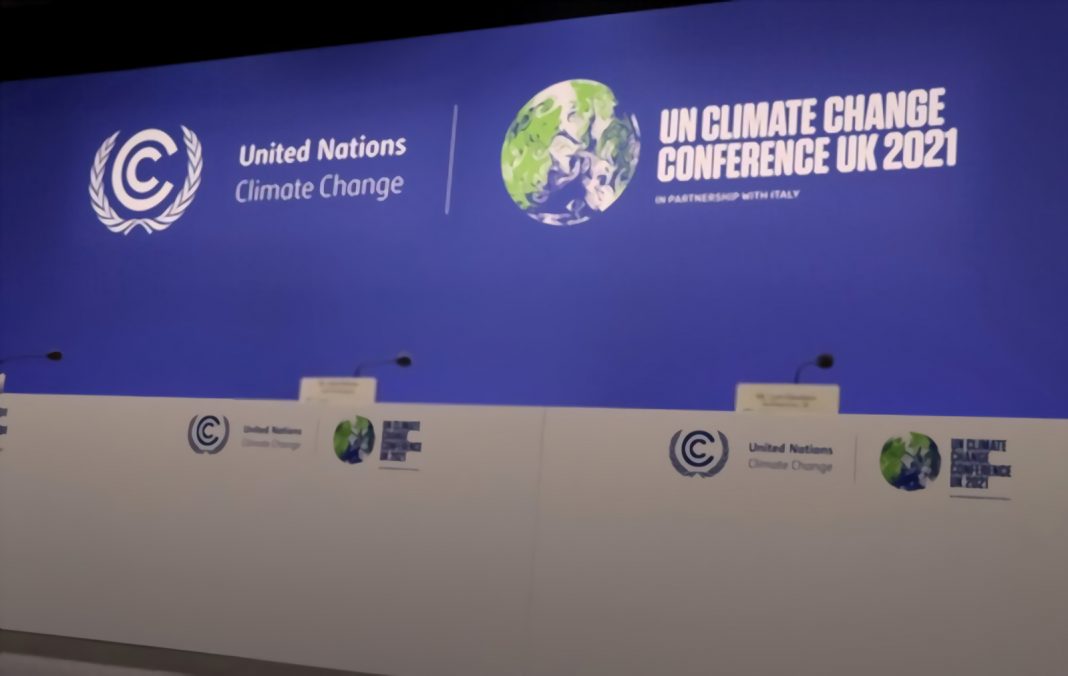Before we get to the main point in the article, we want to talk a little bit about the climate change in the world and change climate summit in Scotland and what decisions will be made at those meetings.
DEFINITION OF CLIMATE CHANGES:
What is climate change?
Climate changes refer to long-term shifts in temperatures and weather patterns. These shifts may be natural, such as through variations in the solar cycle. But since the 1800s, human activities have been the main driver of climate change, primarily due to burning fossil fuels like coal, oil and gas.
Climate changes affect everything from geopolitics to economies to migration. It reshapes cities, life expectancies and etc.
CLIMATE CHANE EFFECTS:
- Temperature rise
- Melting ices on the ground
- Cities sink underwater
According to the IPCC (intergovernmental panel on climate changes), the extent of climate change effects on individual regions will vary over time with the ability of different societal and environmental systems to mitigate or adapt to change.
IPCC forecasts a temperature rise of 2.5 to 10 degrees Fahrenheit over the next century.
IPCC predicts that increases in global mean temperature of less than 1.8 to 5.4 degrees Fahrenheit (1 to 3 degrees Celsius) above 1990 levels will produce beneficial impacts in some regions and harmful ones in others.
Taken as a whole, “the IPCC states,” the range of published evidence indicates that the net damage costs of climate change are likely to increase over time.
But despite the evidence of rising global temperatures and visible climate change, some super companies or factories are insisting on continuing their polluting activities.
As you considered, we started this article with a definition of climate change. We want to talk a bit about the climate change meeting in Glasgow and their margins.
CLIMATE CHANGE SUMMIT:
The climate change summit, now known as (COPs), first began in 1992, intending to find a way to prevent rising industrial pollutants and global warming in Brazil.
THE GLASGOW SUMMIT
The UK hosted the parties’ 26th UN climate change conference (COP26) in Glasgow on 31 October-13 November 2021.
The COP26 summit brought parties together to accelerate action towards the goals of the “Paris Agreement” and UN Framework Convention on climate change.
WHAT IS A COP?
COP26 has been the 2021 United Nations climate change conference for nearly three decades. The UN has been bringing together almost every country for global climate summits called COPs-which stands for the conference of parties.
In the run-up to COP26, the UK worked with every nation to agree on how to tackle climate change.
WHAT HAPPENED AT COP26?
On 23 November 2021, COP26 concluded in Glasgow with all countries agreeing to the Glasgow climate pact to 1.5C alive and finalizing the outstanding elements of the “Paris Agreement”.
The Glasgow climate pact, combined with increased ambition and action from countries, means that 1.5 remain in sight and scales up action on climate impacts. Still, it will only be delivered with concerted and immediate efforts.
MARGINS OF THE GLASGOW SUMMIT:
Evidence shows that the big oil giants lobbied the meeting to prevent the panel from wrapping up and that such lobbying could be a significant threat to the achievements of the climate change summit in Scotland.
Supervisors and independent regulations announced that more than 500 lobbyists from polluting companies had been identified from various at the UN climate change summit in Glasgow, Scotland.
The British media have identified most of them as experts, politicians and celebrities who work for polluting companies, especially oil companies. The media active in fossil fuels, coal, and lobby for whether Glasgow meetings until the resolutions are signed in these meetings end in their favour.
According to published reports in the UK, audits of companies show that supervisor regulations have identified lobbyists.
Major oil companies such as Shell BP, Total, Exxon mobile, Gazprom, NSSP, Petrobras, Petrochina, Statoil, and Repsol are dozens of experts and lobbyists.
They have been seat to change the resolutions of this meeting in their favour while being aware of the future conditions.
Canada, Russia and Brazil were among the countries that registered members of the fossil fuel industry for attendance.
A recent report by the UN environment programme showed that many of the world’s largest fossil fuel producers are still planning to ramp up production in the coming years and will be burning far more fossil fuels in 2030 than what is consistent with climate pledges.
The analysis used the plans of 15 major economies to estimate the world will produce roughly 110% more coal, oil, and gas be necessary to limit warming to 1.5 degrees Celsius above pre-industrial levels, and 45% more than what would be consistent with to degrees.
CONCLUSION:
Based on what has been said about the Glasgow summit and that lobbying has taken place at these summits. It can be concluded that as long as the industrialized countries which have the largest share of pollutant production, not stop their polluting activities that cause to raising the temperature of the earth, no matter how many meetings are held.
We will continue to see the lobbying of large polluting companies in these meetings and the increase of greenhouse gases.

